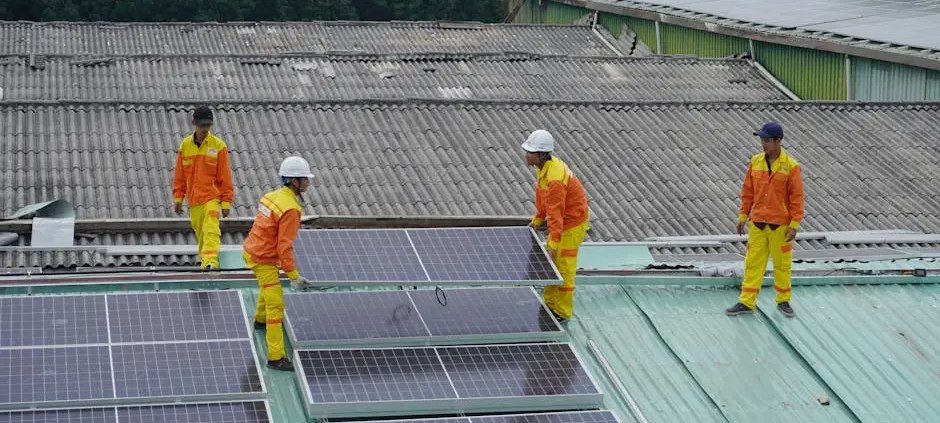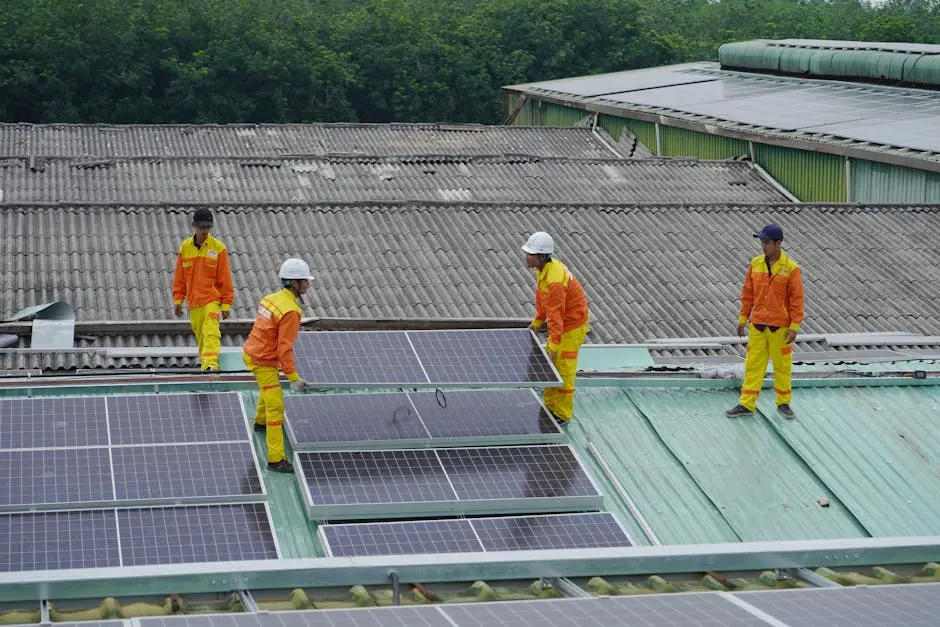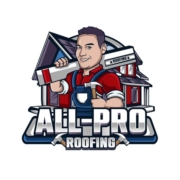15 Questions to Ask Your Roofing Company Before Installation
Choosing the right roofing company is crucial for ensuring your home is protected and looks great. But how do you know if you’ve found the right one? Before signing on the dotted line, it’s important to ask your roofing company some key questions. Here’s a handy guide with the essential questions to help you make an informed decision.
1. What is the Estimated Timeline for the Project?
Understanding the timeframe helps you plan around the roofing work and manage any disruptions effectively. Be sure to ask the company how long they expect the project to take from start to finish.
An estimated timeline also allows you to prepare your household for disruptions, potentially reduce costs by planning alternative accommodations, and coordinate with any other home improvements you may be considering concurrently. Asking about the timeline will also help you gauge the contractor’s experience and organization. A seasoned roofing company should provide a realistic schedule considering factors such as weather conditions and supply chain variations.
2. Can You Provide References from Previous Customers?
Hearing from past clients gives you insight into their experiences and the quality of work you can expect. A reputable roofing company should willingly share references.
Furthermore, check out online reviews and ratings on reputable platforms. These can provide additional feedback from a broader audience and reveal how the company handles any issues or complaints. Directly contacting previous customers through references can also offer exclusive insights into how courteous the workers were, if they were punctual, and how well they communicated throughout the project.
3. Are You Licensed and Insured?
Licensing and insurance protect you as a homeowner. Ensure that the company meets the legal requirements and can show proof of insurance to cover any potential damages.
Beyond the basic licenses, you should ask if the roofing company complies with local regulations and building codes. This assurance can prevent future legal issues or complications when selling the house. Be aware that some types of insurance do not cover certain kinds of damage, so it’s crucial to understand the specifics. For example, does their insurance cover damages from accidents on your property?
4. What Type of Roofing Materials Do You Recommend?
Different materials have different benefits and lifespans. Asking this question helps you understand the suitability and durability of options available for your specific needs.
Your climate zone and personal style should heavily influence the type of materials chosen. Options range from traditional asphalt shingles to metal or slate, each offering unique aesthetic appeal and functional advantages. You might want more energy-efficient options, which can be influenced by comparing materials like cool roofs that reflect more sunlight and absorb less heat.
Inquire about any potential eco-friendly materials they may offer, as sustainability is becoming an increasingly important consideration. Discuss trends in the roofing industry to ensure the materials selected not only meet expected durability standards but also anticipate future value and applicability.
5. Will There Be a Dedicated Team or Supervisor on Site?
Knowing who will be on-site ensures you have a point of contact throughout the project for any questions or concerns that may arise.
A dedicated supervisor can make a world of difference in communication transparency and project efficiency. This person should have a comprehensive understanding of the progress and be available for discussions to address any immediate concerns. You’ll also want to clarify how often this person will be on site, whether they manage multiple projects, and how you can reach them if issues arise outside of regular site visits.
6. How Do You Handle Unexpected Repairs?
Sometimes, unforeseen issues can arise. Understanding how the company handles unexpected repairs and associated costs can avoid unpleasant surprises.
Discuss the protocol for addressing hidden damage, like compromised roofing structures or mold that might be revealed once the work has started. A well-structured company will have a systematic process for assessing such issues, obtaining your approval before further work, and providing transparent costing to avoid any financial shock. Align on process and protocol to ensure any anomalies or discoveries during your roofing project won’t derail your timeline or budget.
7. What Warranty Do You Offer for Your Services?
A warranty provides assurance of the company’s commitment to quality. Ask about the specifics of what the warranty covers and its duration.
Every warranty is not created equal. While some may only include workmanship, others cover materials as well, thereby offering dual protection. It’s essential to understand the distinction between manufacturer warranties and contractor warranties.
8. How Do You Ensure the Safety of Your Workers?
Knowing that safety protocols are in place protects both the workers and your property. Make sure the company follows industry safety standards.
A detailed discussion about OSHA compliance and worker safety programs illustrates the company’s commitment. Confirm they adhere to regular safety training updates and employ protective measures to curb workplace injuries and ensuing liabilities. A company that prioritizes this indicates a sense of responsibility, which should reassure you as their client.
9. What is Your Policy on Clean-Up and Removal?
A tidy worksite speaks volumes about professionalism. Ensure the company will handle debris and clean up the area after completion.
Understanding the company’s clean-up policy also includes knowing how they dispose of materials and whether they practice recycling wherever feasible. Professionalism extends to ensuring the area is left immaculate, safeguarding family and pets from hazards and promoting ease of access and enjoyment of your home environment once the project concludes.
10. How Do You Stay Up-to-Date with Industry Trends?
A company knowledgeable about the latest roofing technologies and practices is more likely to provide efficient solutions.
This includes accessing continued education for their team, participating in roofing associations, and use of innovative tools and protocols. With fast-evolving industry trends like solar roofing and new sustainable composites, a company invested in adopting the latest will be equipped to provide the best solutions. Their integration of emerging technologies is a testament to their forward-thinking nature, ensuring your roofing lasts longer and adapts to future advancements.
11. Is Financing Available for the Project?
Understanding your payment options upfront can help alleviate financial strain and allow you to manage your budget more effectively.
Look into whether the company offers in-house financing solutions or works with financial institutions to provide client-friendly payment terms. Various options, such as deferred payments or installment plans, may be available to make the process less daunting. Before you agree to any financing agreements, ensure you understand these terms in full to safeguard against unexpected liabilities.








